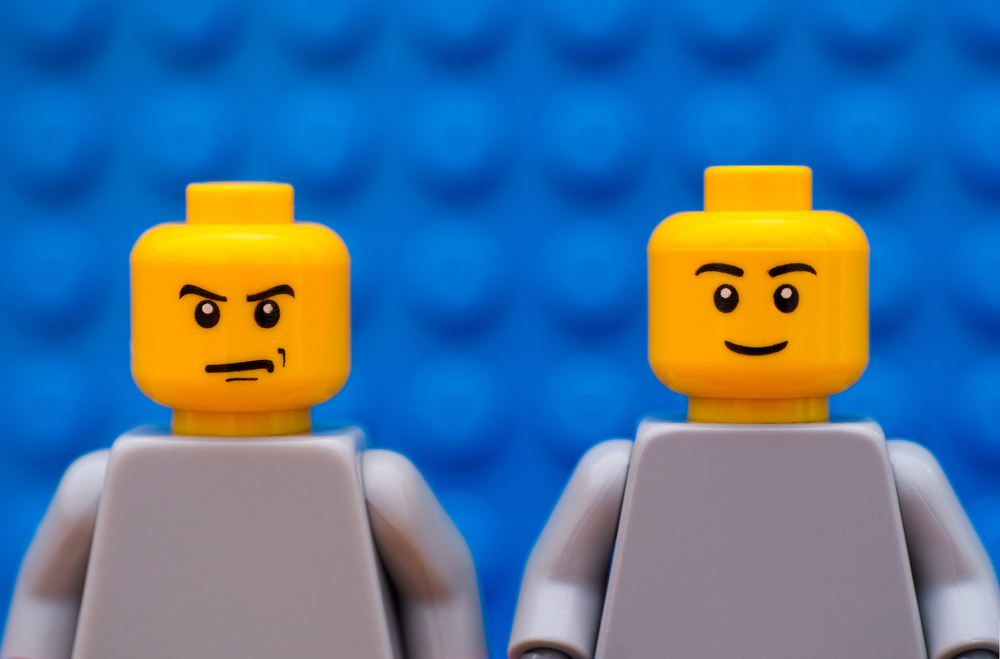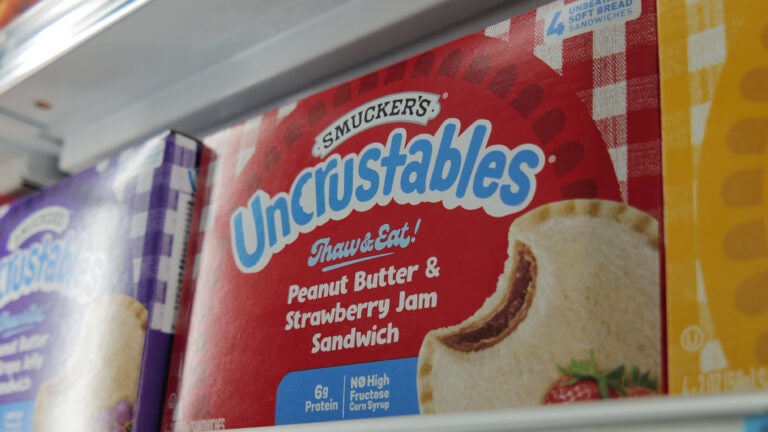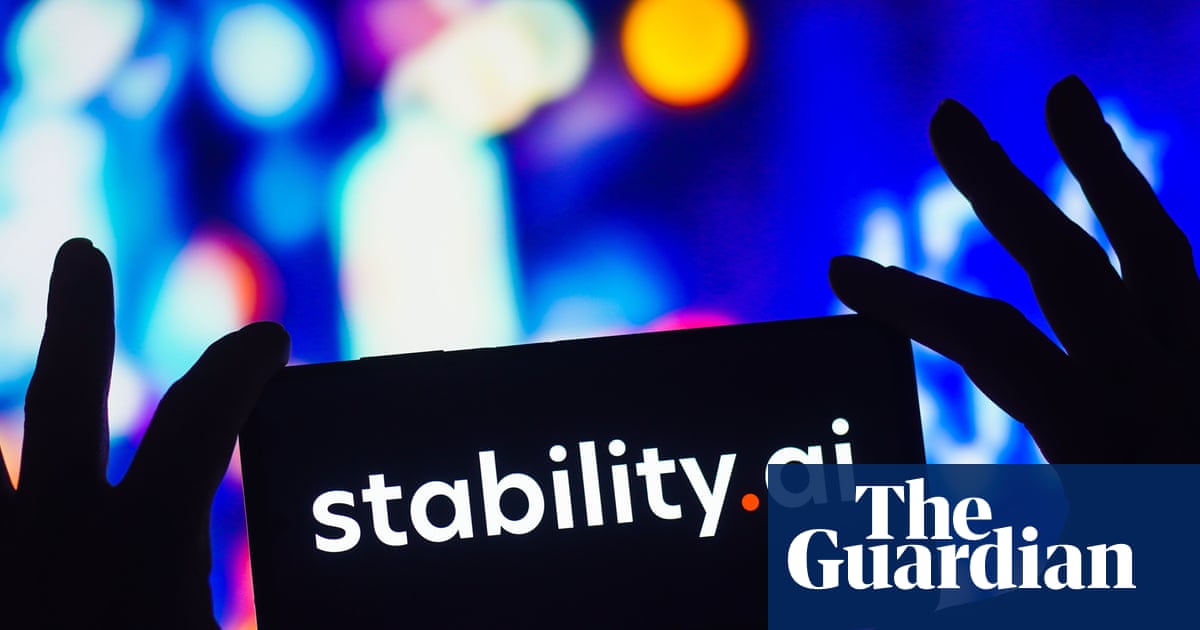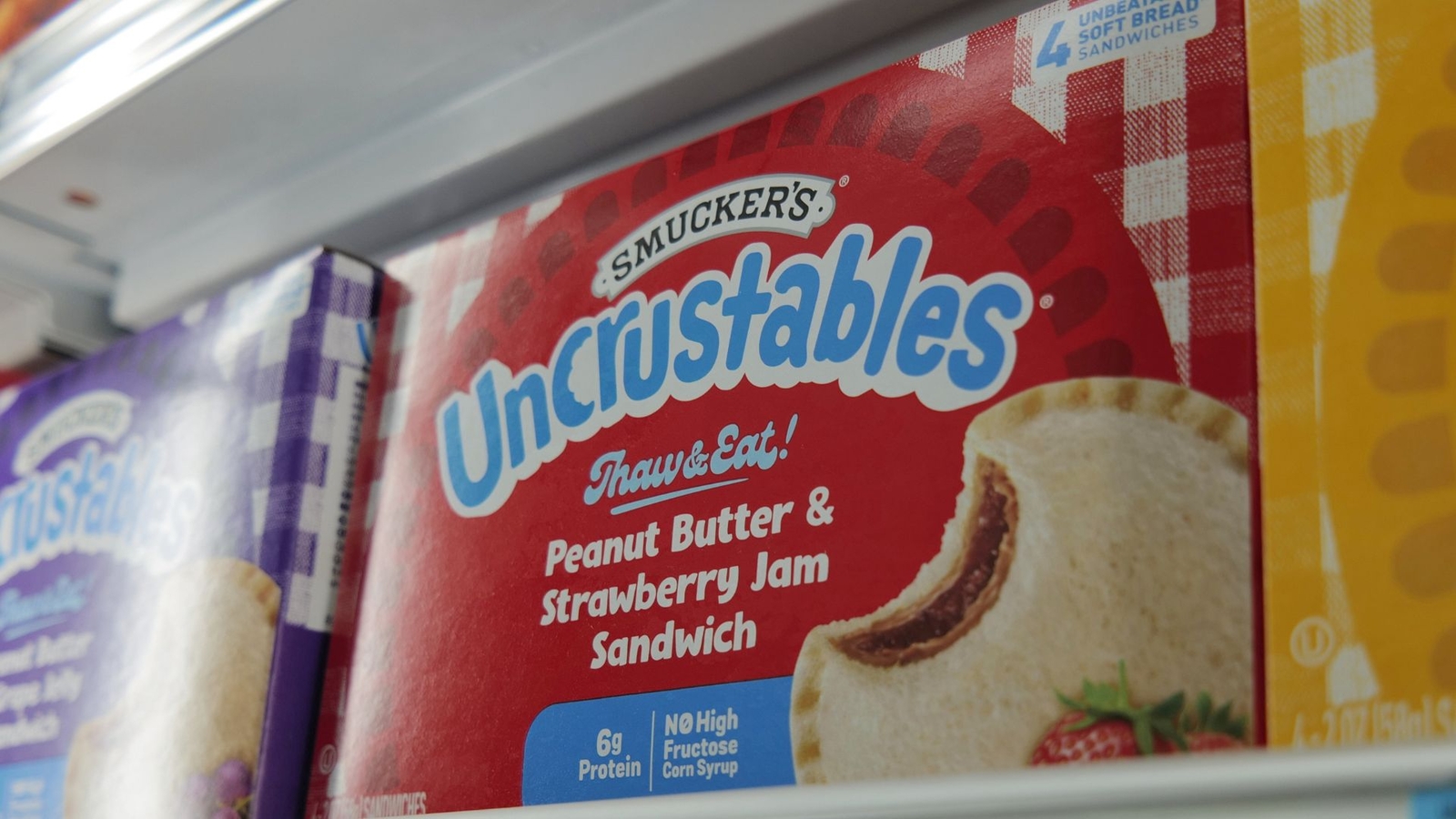#trademark-infringement
#trademark-infringement
[ follow ]
#intellectual-property #lawsuit #trader-joes #openai #consumer-confusion #copyright-infringement #uncrustables
fromPinkNews | Latest lesbian, gay, bi and trans news | LGBTQ+ news
1 week agoOutdoor brand Patagonia sues drag queen for trademark infringement
The brand's press release states: "While we wish we didn't have to do this - and actively engaged with Pattie for several years to avoid this - it has become necessary to protect the brand we have spent the last 50 years building." Patagonia's statement claimed that the legal action against the drag queen is due to her failing to stick to a previously made agreement, with the retailer claiming that in late 2024, the drag star began "selling 'Pattie Gonia' branded apparel online and continued to create and use versions of our logo".
Intellectual property law
fromBusiness Matters
1 month ago'Made in Britain' body challenges Reform UK over alleged unauthorised logo use
In a statement, Made in Britain said it had become aware that Reform UK was using a logo it believes to be "substantially similar" to its registered mark across marketing materials and merchandise. The organisation stressed that no authorisation, licence or consent had been granted for such use. Made in Britain said it maintains a strictly neutral political stance and does not endorse, support or affiliate with any political party or movement.
UK news
Intellectual property law
fromIPWatchdog.com | Patents & Intellectual Property Law
2 months agoNinth Circuit Affirms Trademark Injunction Against OpenAI Company in Dispute Over Similar Marks
Trademark infringement can occur without actual sales; promotional announcements and reverse confusion can justify injunctive relief against using a similar mark.
fromTheregister
2 months agoGoogle sues 25 China-based scammers behind phishing kit
Lighthouse is a phishing software service described in the lawsuit [PDF] as a "phishing for dummies" kit. Criminals pay a monthly subscription fee for access to hundreds of templates for fake websites, domain set-up tools for those phony sites, and other features designed to dupe victims into believing they are visiting a legitimate website. The crims use these sites to trick victims into entering their financial info and other sensitive details, which the crooks then steal.
Information security
fromIPWatchdog.com | Patents & Intellectual Property Law
3 months agoMixed UK High Court Ruling Fails to Answer Fundamental Questions of AI Copyright Infringement
"Getty Images sued Stability AI in the UK back in January 2023, alleging a host of legal violations including primary and secondary infringement under UK copyright law, database right infringement, trademark infringement and passing off. Getty's claims focused on the Stable Diffusion deep learning AI model, which is trained by repeated exposure to massive data stores to transform written user prompts into synthesized images."
Intellectual property law
fromBon Appetit
3 months agoSmuckers is Suing Trader Joe's Over Their Uncrustables Dupe
Welcome to Deep Dish, a weekly roundup of food and entertainment news. Last week we discussed how there might be lead in your protein powder. Grocery behemoth Trader Joe's and jam giant Smucker are beefing right now. The subject of their tiff? PB&Js. More specifically, Smucker is suing Trader Joe's for allegedly copying their trademarked Uncrustables by launching their own Crustless Peanut Butter and Strawberry Jam Sandwiches.
Food & drink
fromFortune
3 months agoUncrustable rip-off? Smucker sues Trader Joe's over sandwich product similarities | Fortune
The J.M. Smucker Co. is suing Trader Joe's, alleging the grocery chain's new frozen peanut butter and jelly sandwiches are too similar to Smucker's Uncrustables in their design and packaging. In the lawsuit, which was filed Monday in federal court in Ohio, Smucker said the round, crustless sandwiches Trader Joe's sells have the same pie-like crimp markings on their edges that Uncrustables do.
Intellectual property law
Intellectual property law
fromTasting Table
3 months agoTrader Joe's Is Being Sued For Allegedly Making A Knockoff Of Smucker's Uncrustables - Tasting Table
Smucker's sued Trader Joe's, alleging Trader Joe's crustless sandwich design and packaging infringe Uncrustables' trademarked pie-like, crimped appearance.
Intellectual property law
fromIPWatchdog.com | Patents & Intellectual Property Law
4 months agoTrader Joe's Union Strikes Out at Ninth Circuit in Reversal of Trademark Infringement Win
Ninth Circuit reversed dismissal of Trader Joe's trademark, false designation, and state unfair competition claims, vacated fee award, and remanded for further proceedings.
fromConsequence
4 months agoTwenty One Pilots File Lawsuit Against Temu Over Knockoff Merch
In the complaint, Twenty One Pilots accuse Temu of manufacturing and selling a "myriad of items that are counterfeit or blatant copies" of their merchandise and other intellectual property. The lawsuit alleges this creates an "implied relationship" between Twenty One Pilots and Temu, which constitutes "unfair competition" that devalues the band's brand. As evidence, the complaint includes dozens of pages of photos comparing official merch to the alleged counterfeit products sold on Temu. One example features an official $35 Twenty One Pilots t-shirt alongside a strikingly similar replica sold on Temu for $7.54.
Law
fromThe Verge
4 months agoGenki will pay Nintendo damages over 3D-printed Switch 2
Nintendo later filed a complaint against the accessory maker in May over alleged "trademark infringement, unfair competition, and false advertising." Nintendo said it didn't provide Genki with technical Switch 2 specifications, and alleged that Genki either "unlawfully or illicitly obtained an authentic Nintendo Switch 2" prior to the console's public release, or "cannot claim compatibility with enough certainty to make its advertising claims in good faith."
Gadgets
fromDaily Coffee News by Roast Magazine
6 months agoDanone Sues Chobani Over 'Bright & Mellow' Cold Brew
The lawsuit alleges that after the acquisition, Chobani altered an existing cold brew product to mimic an existing Stok cold brew product by using a similar golden yellow color and the descriptors "light roast" and "Bright & Mellow."
US politics
fromIPWatchdog.com | Patents & Intellectual Property Law
6 months agoCAFC Says Prosecution History Disclaimer Applies to Design Patents, Too
"We see no reason to distinguish between disclaimer by amendment and disclaimer by argument and conclude that a patentee may surrender claim scope of a design patent by its representations to the Patent Office during prosecution."
Intellectual property law
fromFortune
6 months agoThe technie who allegedly showed Sam Altman and Jony Ive a drawing of an AI device just got sued by his former employer
At the heart of this bitter legal wrangling is a big idea: we shouldn't need to stare at computer or phone screens or talk to a box like Amazon's Alexa to interact with our future AI assistants in a natural way.
Artificial intelligence
Intellectual property law
fromFortune
7 months agoSam Altman fires back at 'silly' lawsuit from what he claims is a desperate CEO that has been persistent in seeking investment from OpenAI
iyO has filed a lawsuit against OpenAI for trademark infringement over the use of the 'io' name, which they claim is confusingly similar.
[ Load more ]














